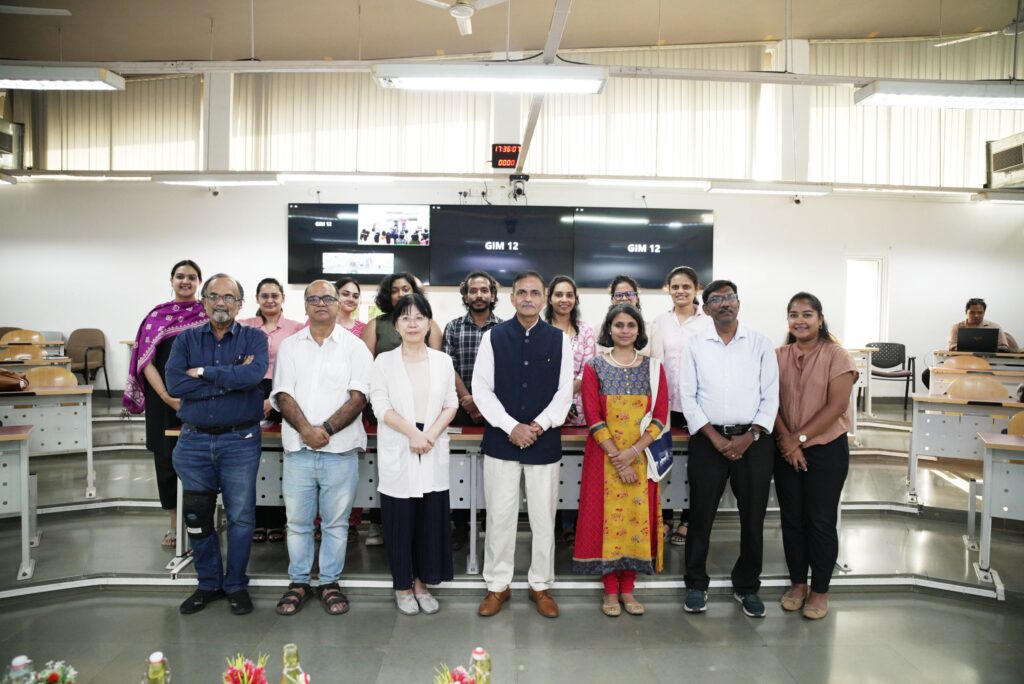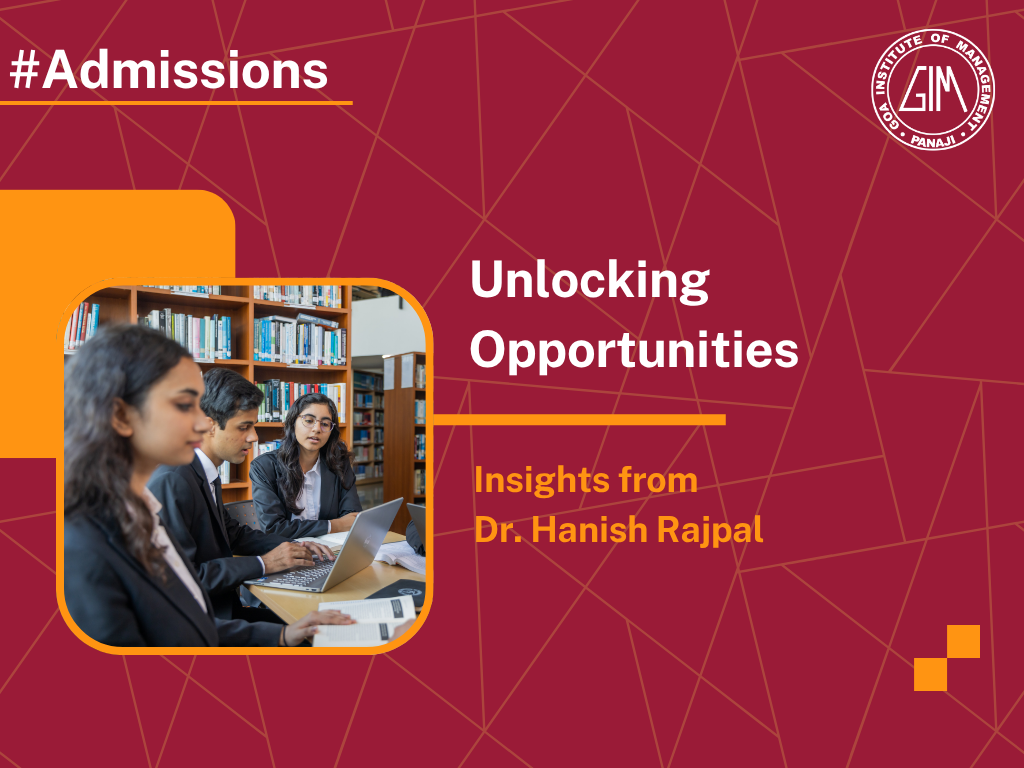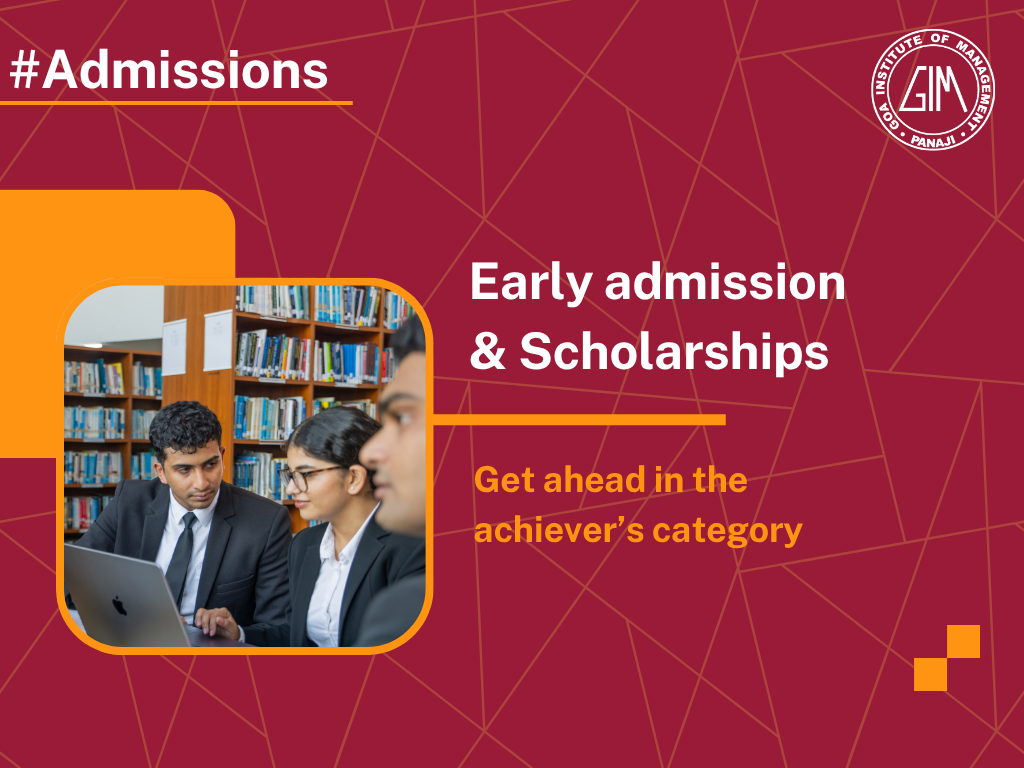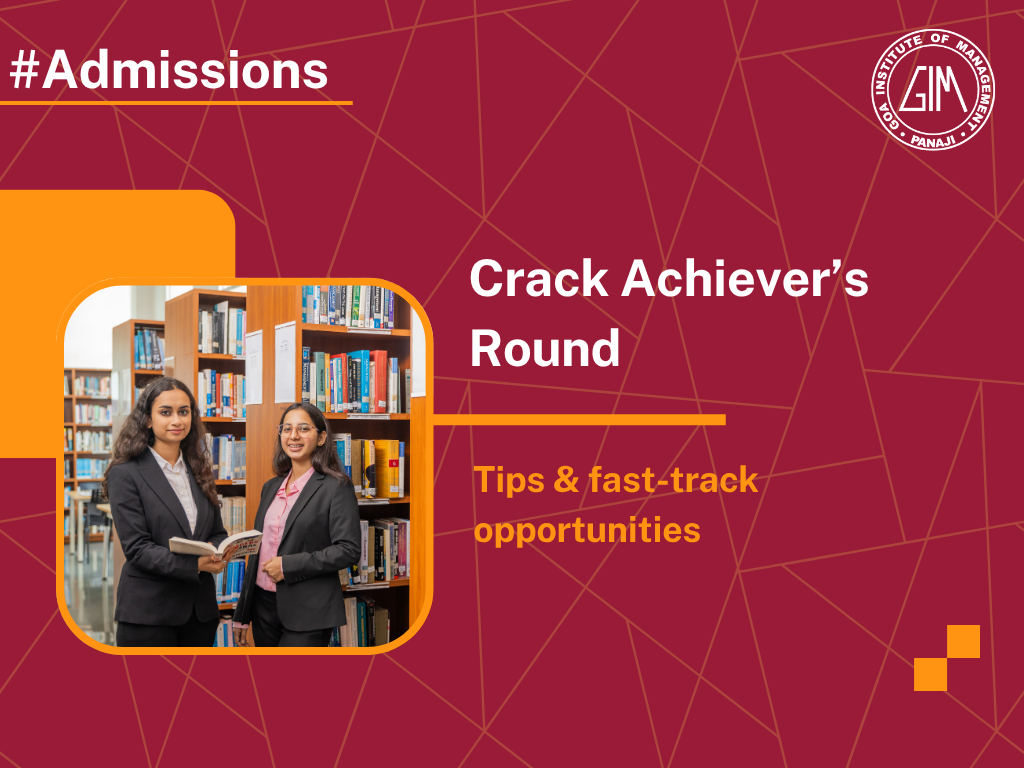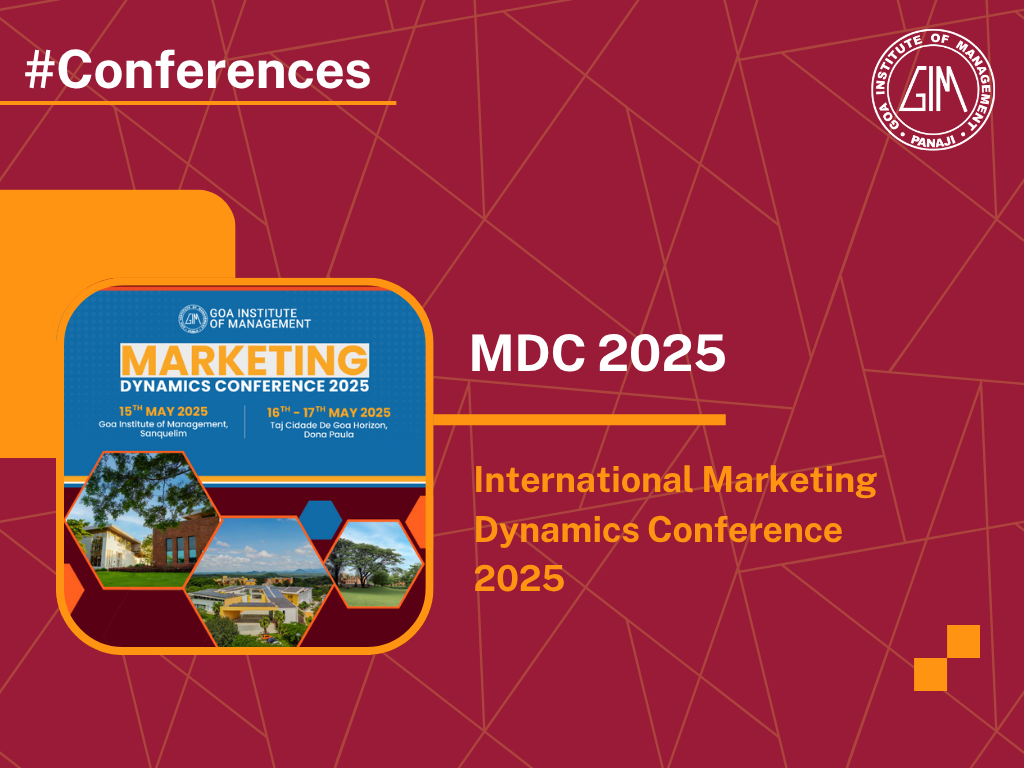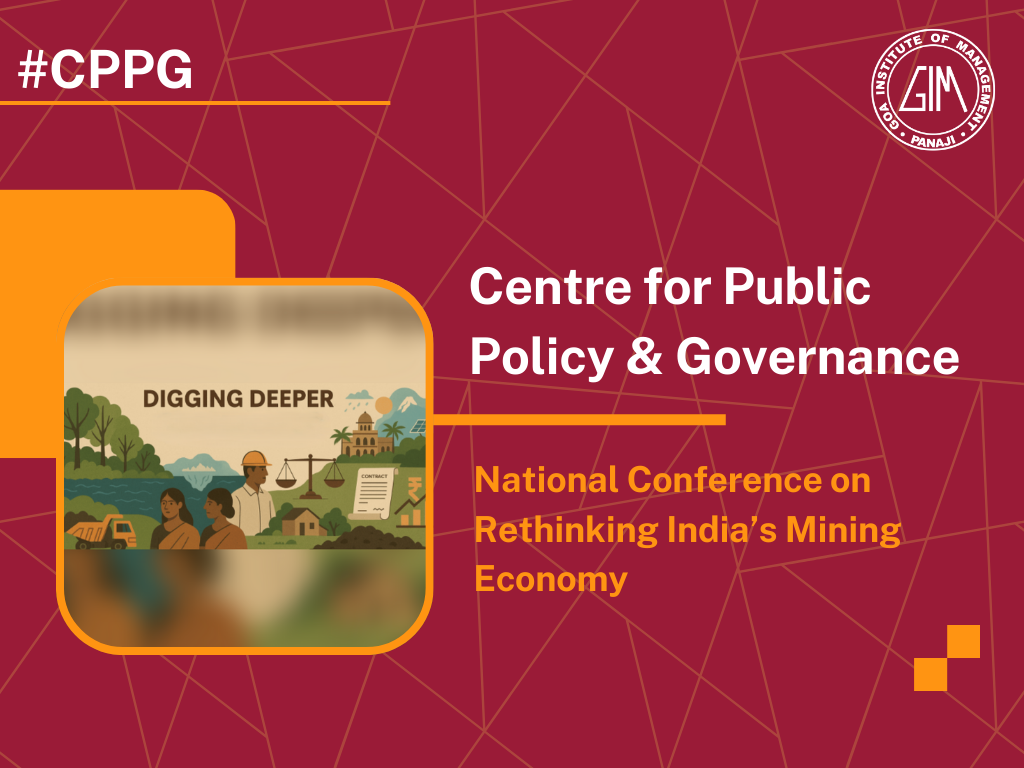Posted by
-
Workshop
-
Summer Research Internship Program (SRIP)
-
Summer Internship Program
-
SLRI
-
SEE Learning
-
QS Rankings
-
Pre-Placement Offer (PPO)
-
phd
-
pgdm bda
-
Opportunities
-
nova sbe
-
MDP
-
Marketing
-
IDA
-
Goa Institute of Management
-
GiveGoa
-
GIM Alumni
-
fpm non residential
-
Fpm
-
Executive fpm
-
Event
-
Dual Degree Programmes
-
Dual Country
-
Dr. Hanish Rajpal
-
Doctoral
-
CSSA
-
CPPG
-
Convocation
-
Conference
-
Co-LIFE
-
Campus Placement
-
Alumni Success Stories
-
Alumni Reunions
-
Alumni Relations
-
Alumni Office
-
Alumni Impact
-
Alumni Events
-
Alumni Engagement
-
Alumni
-
Admissions
-
achievement
-
#pgdm
-
#mba
Date
4th Annual International Labour & Employment Conference 2025
The 4th International Labour Conference, organized by the Centre for Public Policy & Governance (CPPG) at Goa Institute of Management (GIM), in collaboration with INDAM and Friedrich-Ebert-Stiftung (FES), successfully brought together a distinguished array of global scholars, policymakers, and corporate professionals. Held on the 5th and 6th of June 2025, the hybrid event fostered insightful discussions on strengthening labour institutions and amplifying worker voice for decent employment—a pressing issue in today’s evolving workforce dynamics.
Keynote Speakers & Thought Leaders
The conference featured an impressive lineup of experts:
- Ms. Michiko Miyamoto, Director, International Labour Organization, South Asia
- Prof. A.V. Jose, Former ILO Representative
- Ms. Madhumanti Sengupta, Programme Manager, FES
- Dr. Pratima Sambajee, Strathclyde University, Glasgow
- Dr. Maya John, Faculty, Delhi University
- Dr. Jeet Singh Mann, Director, Centre for Transparency & Accountability in Governance, National Law University
- Prof. Joseph Gerard Rajesh, Professor, Azim Premji University
- Mr. Rajan Verma, Former CLC-C, Govt of India
-
Ms. Ananya Dutta Chowdhury, Senior HR, DVC
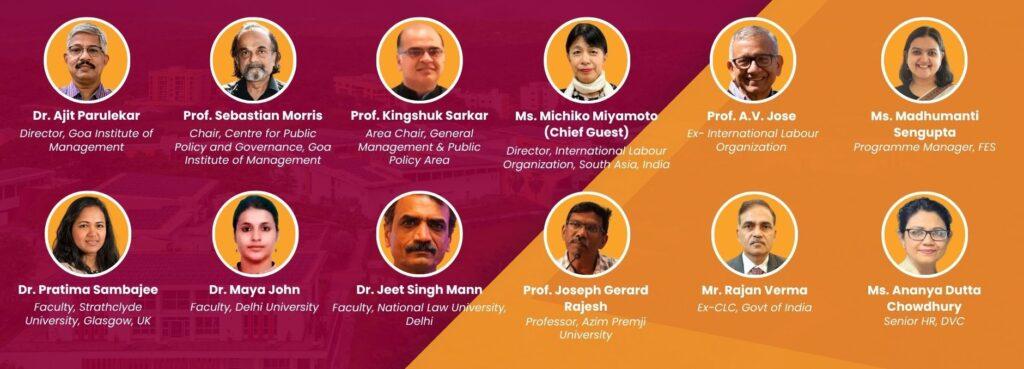
Inaugural Session: Ethical Foundations and Systemic Challenges
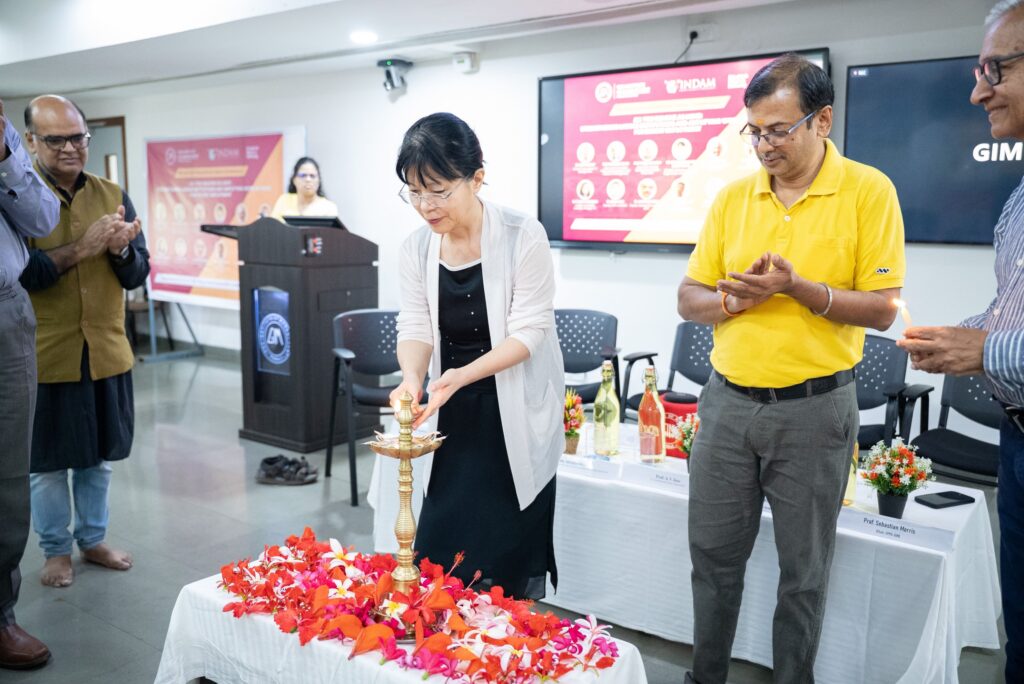
Diving Into Crucial Themes
- Papers presented:
- Living and Working Conditions of the Migrants in Kashmir Valley
- Status of Vocational Education and Wage Gap in the Indian Economy
- Magnitude of Decent Work Deficit in Regular Wage Employment in Karnataka
- Social Upgrading in Apparel GVC
- In Quest of Decent Work
- Labour Market Inclusion and Survival Movement
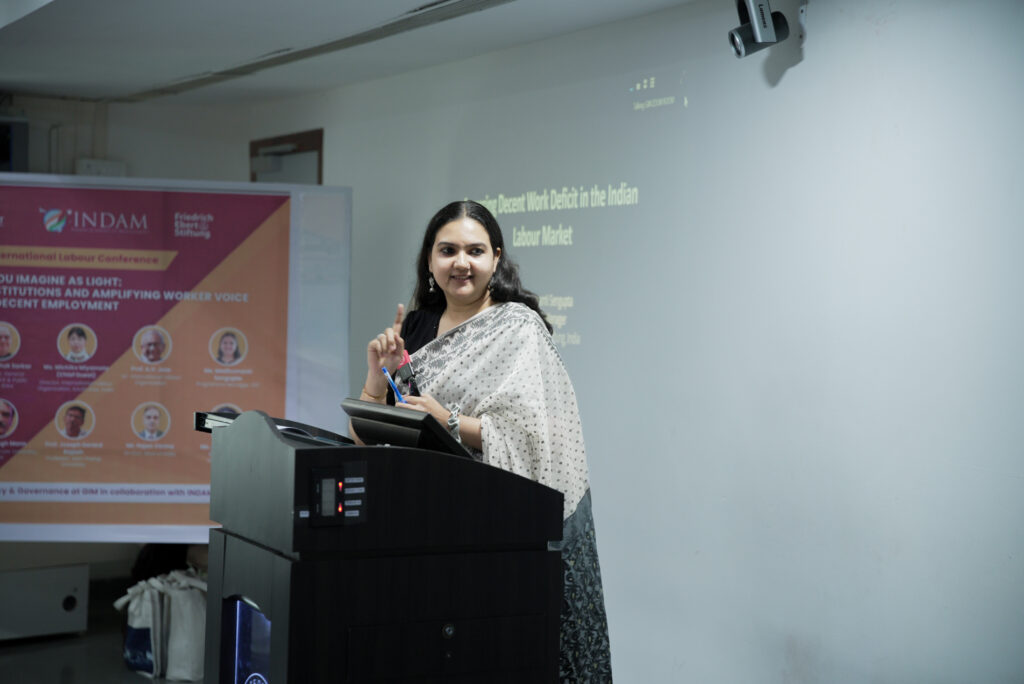
- Papers presented:
- Invisibility and Ignorance: Challenges for Women Mat Weavers
- The Socio-Economic Barriers Faced by Manipuri Women in Bangalore's Informal Sector
- A Struggle for Dignity and Visibility
- The ‘Becoming’ of a Footloose Labour
- The Role of Trade Unions, Worker Cooperatives, and Grassroots Movements in Shaping Fair Labour Policies in India
- Visualising the Economic Costs of Working Conditions for India
- Exploring the Gendered Impacts of Agrarian Distress in Bihar’s Rural Economy
- Beyond the tokenism and subtle marginalization
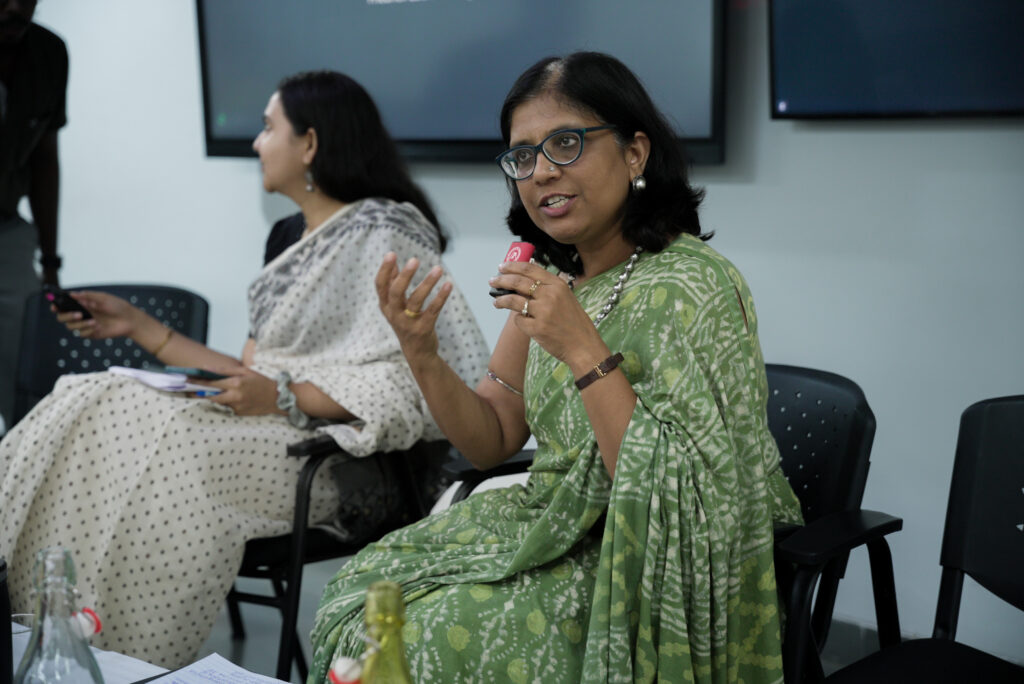
- Papers presented:
- Digital Payments and Gendered Labour Allocation
- Construction Worker Validation
- The Impact of Generative AI on White-Collar Work in India
- More Women at Work, Fewer with Dignity
- A Regional Analysis of Migrant and Non-migrant households in Odisha, eastern India
- Gendered Household Labour Division and Its Impact on Marital Satisfaction among Dual-Earner Couples in Guwahati
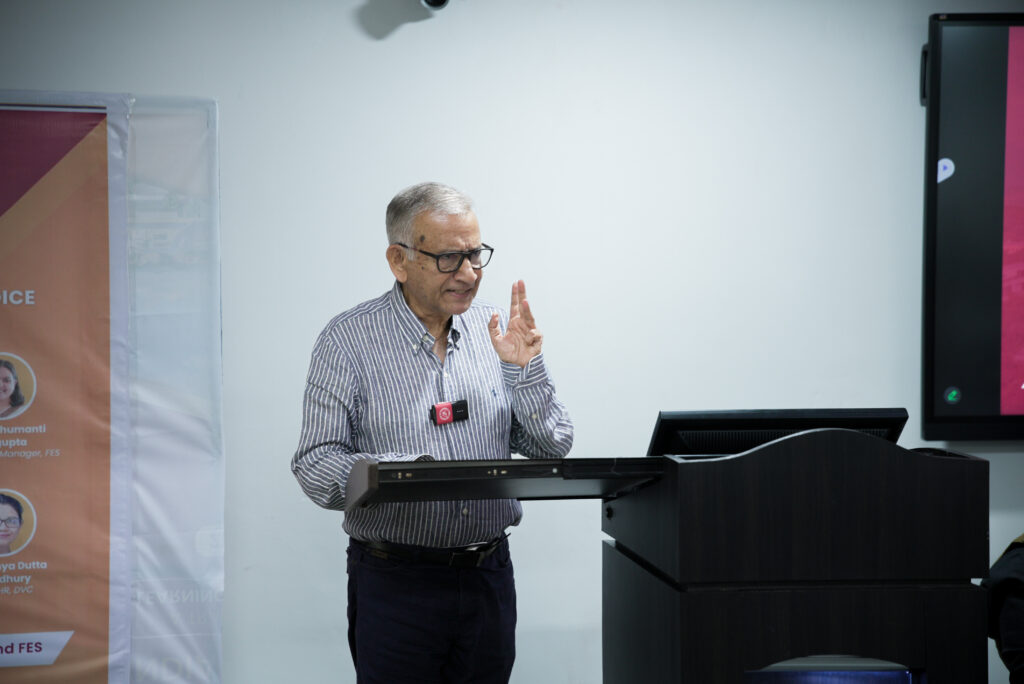
- Papers presented:
- Decent vs. Non-Decent Work: Measuring the Wage Gap in India
- Delivering the Gig Workers
- Women in Transit
- Policy Shifts and Institutional Gaps
- How Indian Gig Drivers Reclaim Power in Platform Work
- Labour Force Participation in Goa
- A Study on the Labour Conditions of Labourers in Cochin Special Economic Zone
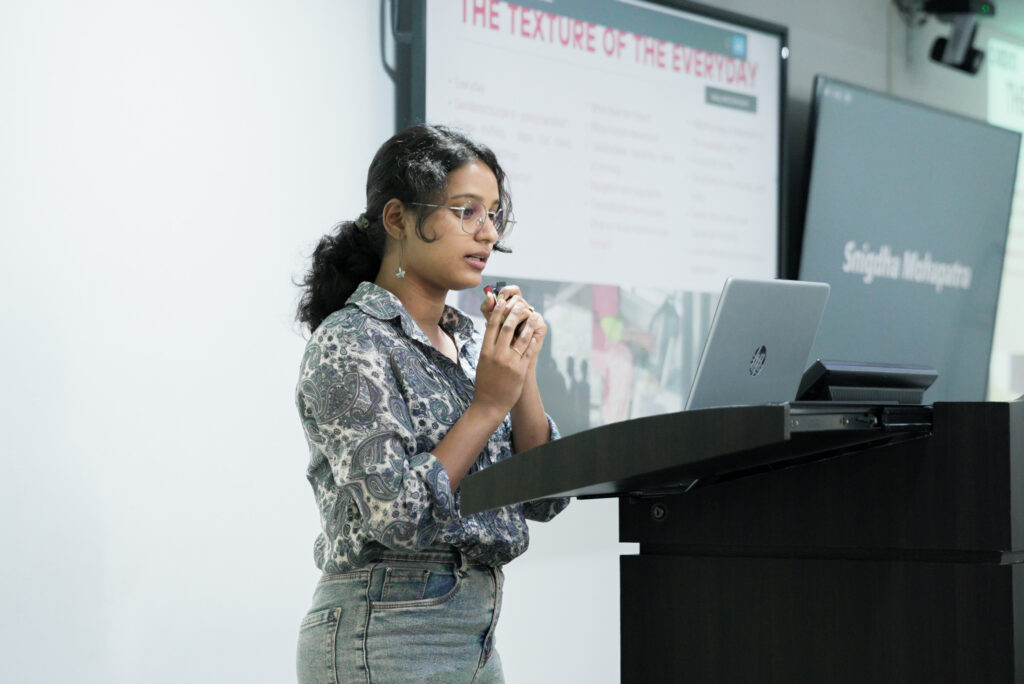
- Papers presented:
- Cultural Assimilation and the Labour Market Outcomes of Immigrants
- Decent Work Deficits Among Women in Mid- Level Private Sector Jobs in Urban India
- Statistical Analysis of Rural Development centric Skill Initiatives in India
- Decoding Employment Quality in India’s Urban Labour Market
- Technological Change and Impact on Labour Market
- New Labour Institutions in Indian Garment Industry
Expert Panels & Thought-Provoking Discussions
The second day concluded with a high-impact panel discussion on improving labour law implementation for ensuring labour rights, moderated by Prof. Kingshuk Sarkar (Area Chair, General Management & Public Policy Area, GIM). The dialogue focused on trade unions, worker cooperatives, and grassroots movements as potential instruments for shaping fair labour policies.
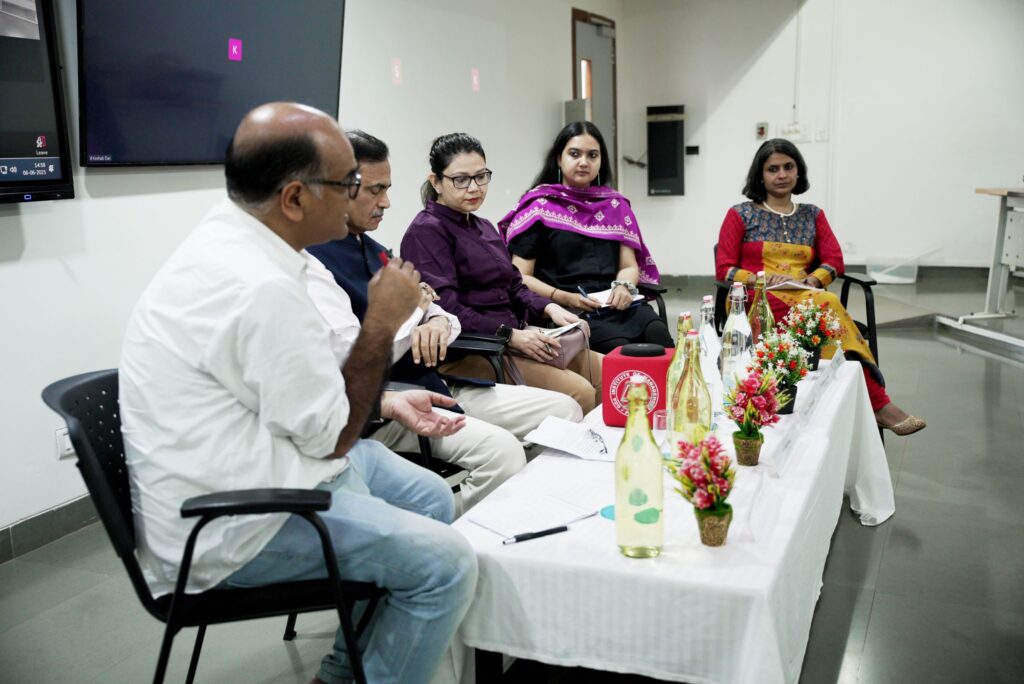
Valedictory Session: Charting the Road Ahead
In the closing session, Prof. Morris emphasized the importance of focusing on labour issues within the IT sector in upcoming conferences, encouraging industry-academia partnerships to guide policy formation. Ms. Michiko Miyamoto reiterated that scholars hold the power to influence policy. “Academics must tap into their network capital to shape equitable labour frameworks and support the ILO’s vision of worker protection,” she noted.
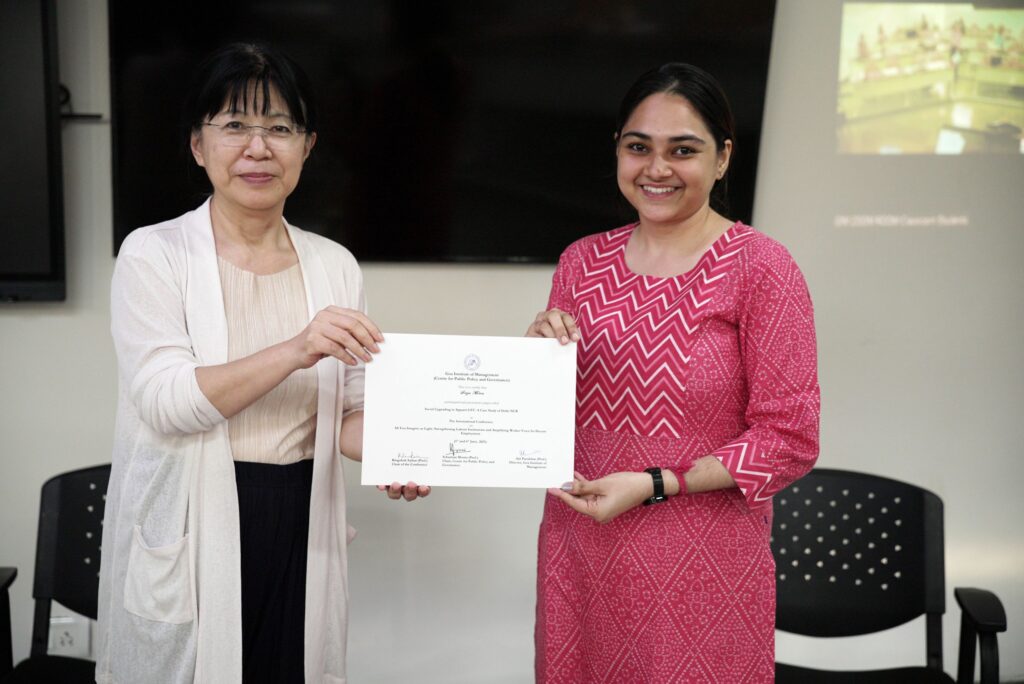
Academic Insights & Research Contributions
The conference hosted multiple technical sessions, where scholars presented groundbreaking research on topics ranging from the gig economy’s impact on labour rights to the role of AI in shaping employment trends. Papers covered migrant labour challenges, gender disparities, policy effectiveness, and more.
For academicians, the conference provided critical research insights into employment structures and labour market shifts. For policymakers, it highlighted regulatory gaps and workforce challenges demanding urgent intervention. For corporate professionals, it underscored the need for ethical employment practices and enhanced worker engagement.
